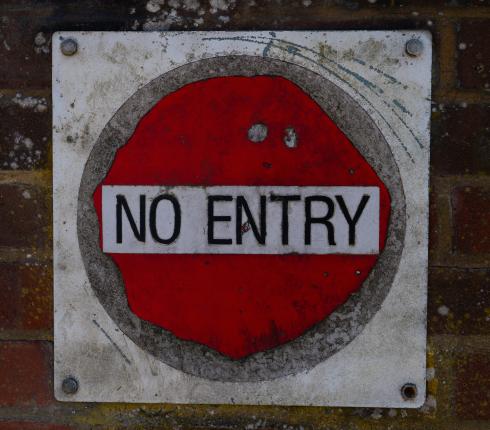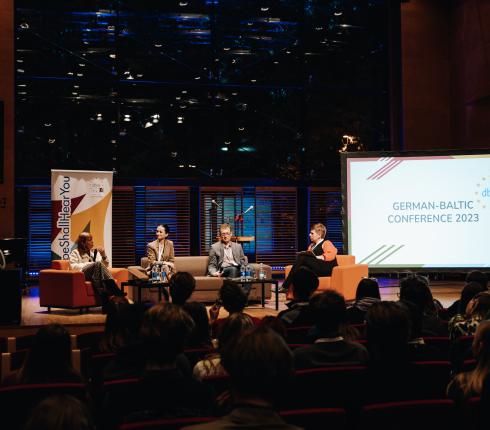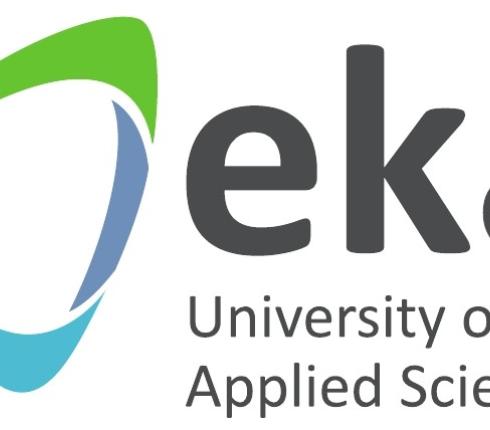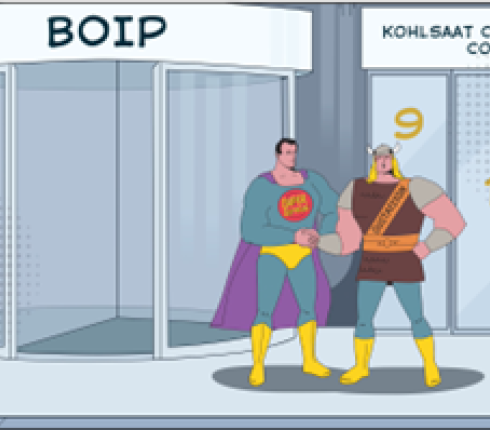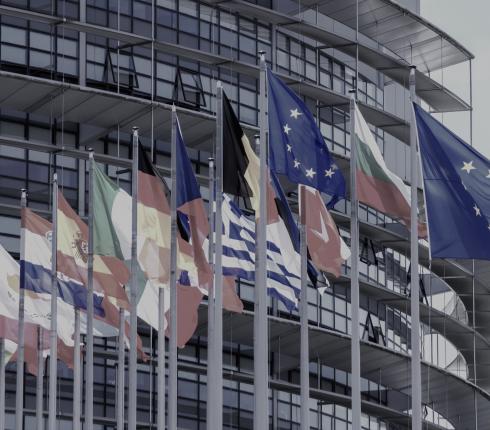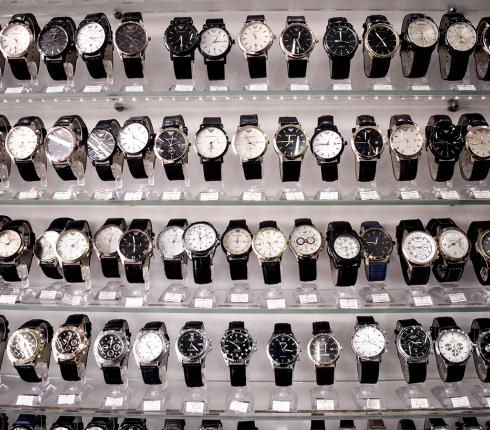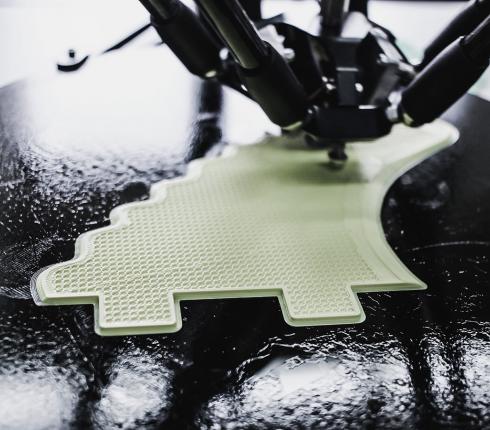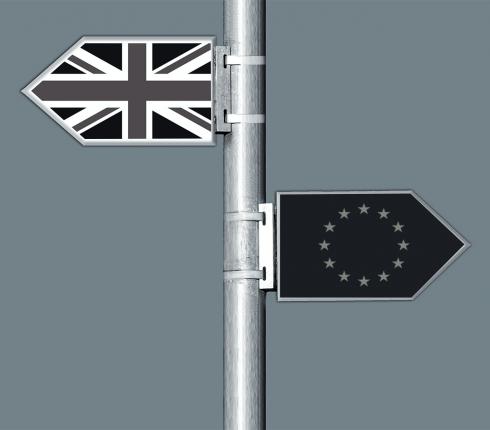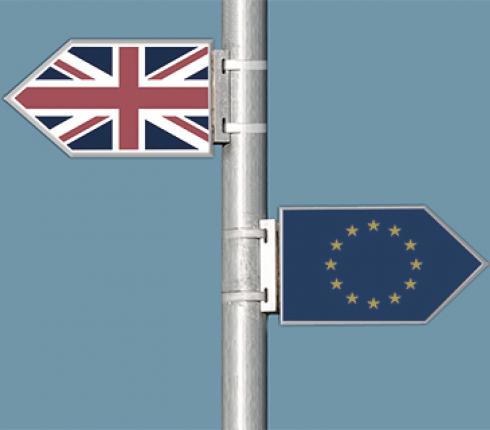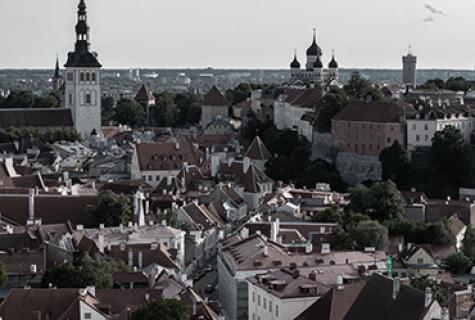Brexit consequences for UK citizens. How Brexit will affect UK citizens working in the EU and Latvia, in particular
According to the latest Brexit news, Brexit may be postponed until 31 January 2020. However, Brexit will eventually have consequences, among other things, detrimental ones.
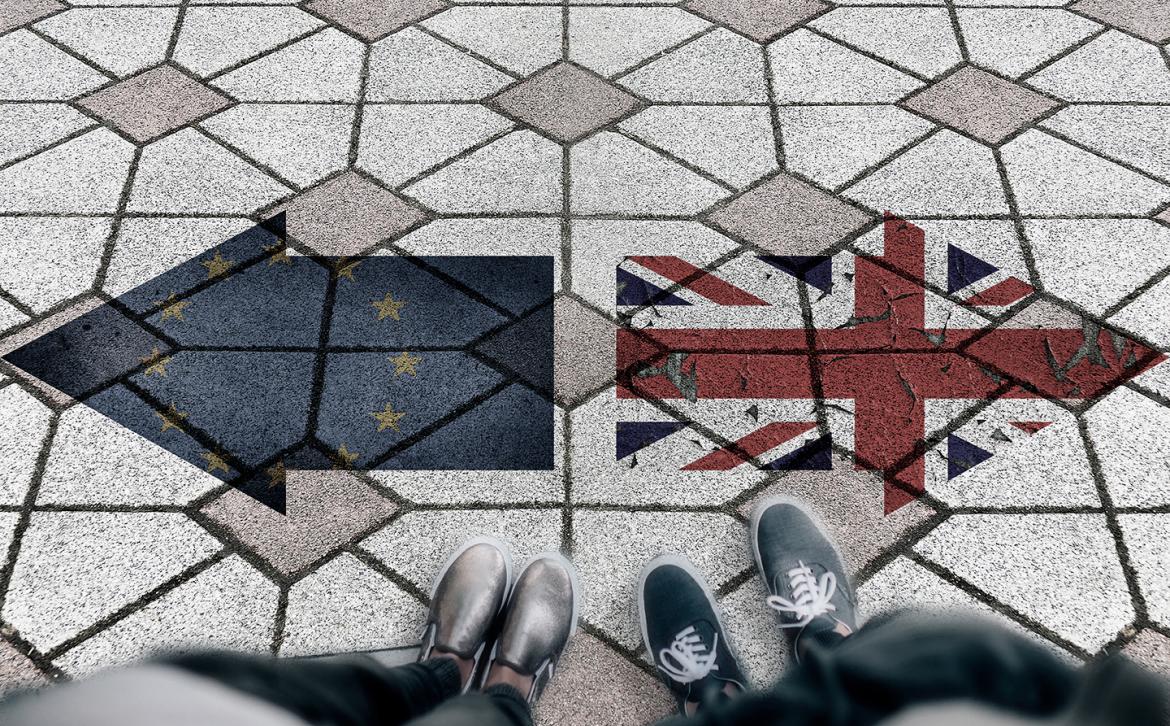
In relation to Brexit, the future of EU citizens employed in the UK has been discussed often. Nevertheless, as this process is mutual, similar problems will occur with respect to UK citizens employed in the EU.
Currently, UK citizens are covered by provisions on free movement of workers, enshrined in the Treaty on the Functioning of the European Union. In other words, British citizens work in the other EU Member States in the same way as other EU citizens – without a residence and work permit.
After Brexit (if no additional agreements are made), citizens of the UK may be regarded as citizens of third countries, and the provisions on free movement of workers will not apply to them. This means that in order to reside and work in the EU Member States, they will need a residence and work permit.
Some countries have already begun preparing for this scenario; for example, in Germany, the authorities have opened a pre-register period for the UK citizens employed therein.
The procedure for obtaining a residence and work permit differs in each EU country. With respect to Latvia, there are two types of work permits.
EU Blue Card – a residence permit with a work permit for highly qualified workers. A highly qualified worker is a foreigner who has acquired higher education in a study programme lasting at least three years, in the relevant speciality or who has corresponding professional experience of at least five years.
To obtain a residence permit and ordinary work permit in Latvia, the employer must notify the Employment Agency of the respective vacancy. If the employer has not found an appropriate candidate among local inhabitants within one month, the employer may commence the procedure of employing a foreigner.
It is not required to notify the Employment Agency to process the EU Blue Card in Latvia. Applications for an EU Blue Card in Latvia may be processed within 10 or 5 working days, depending on the applicant’s choice.
More detailed information about the possibilities of obtaining a residence permit in Latvia, for instance, on other grounds, is available here.
NJORD Law Firm recommends its clients, including employers, who employ UK citizens, to prepare well in advance for the consequences of Brexit, in particular, employers are encouraged to gather necessary documents, certify them properly, and translate them.
One should bear in mind that to obtain a work permit for some so-called “regulated professions”, it is necessary to validate the professional qualifications. These are professions such as teachers, medical workers, specialists in transport and construction sectors, etc.
Another consequence of Brexit in Latvia will be a change in the procedure when documents from the UK are processed.
Currently, documents from all EU Member States have been accepted in Latvia without an Apostille. After Brexit, the requirements that apply to documents from the third countries may apply to documents from the UK – namely, an Apostille will be required.
NJORD Law Firm provides a full range of services in migration issues – the processing of residence permits, work permits, EU Blue Card, validating a qualification acquired abroad, etc.


